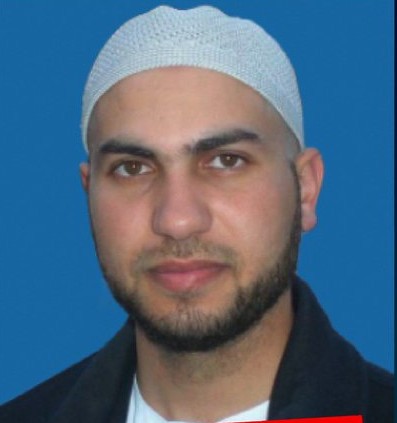
A Hamas member, who infiltrated Israel during the October 7, 2023 onslaught and held British-Israeli Emily Damari hostage, has been eliminated in an Israeli airstrike, confirmed IDF on Monday.
He was identified as Nasr Ali Quneita.
Sharing details about the action, IDF said: “IDF & ISA eliminated Muhammad Nasr Ali Quneita, the Hamas terrorist who infiltrated Israel on Oct 7 and held Emily Damari hostage.”
IDF said he was targeted in Gaza on June 19.
“Quneita was a terrorist in Hamas’ Al-Furqan Battalions’ military intelligence, who infiltrated Israel on the brutal October 7 massacre and held Emily Damari hostage in his home at the start of the war,” IDF said.
Emily Damari was released in January 2025 as part of a hostage-truce deal reached between Hamas and Israel.
Meanwhile, the head of UN child rights agency UNICEF has called for Israel to review its rules of engagement in Gaza after seven children were killed while waiting for water at a distribution point.
The incident occurred in central Gaza on Sunday, according to media reports, which said that four other people also lost their lives due to the Israeli airstrike.
The Israeli military said it had been targeting a terrorist but a “technical error” saw the munition stray off course.
Uphold protection of children
UNICEF Executive Director Catherine Russell noted that the incident came just days after several women and children were killed while lining up for nutritional supplies.
“The Israeli authorities must urgently review the rules of engagement and ensure full compliance with international humanitarian law, notably the protection of civilians, including children,” she wrote in a statement posted on X.
The UN has repeatedly deplored the killing of Palestinians seeking food aid amid the dire humanitarian situation in Gaza, where food security experts have warned that the entire population, some 2.1 million people, is not getting enough to eat.
The risk of famine remains, according to UNICEF. In June, more than 5,800 children were diagnosed with malnutrition, including more than 1,000 children with severe acute malnutrition, representing an increase for the fourth consecutive month.
Stockpiles of food available
Meanwhile, “truckloads of food and medical supplies are waiting in warehouses” just outside the enclave, UN Palestine refugee agency UNRWA said in a tweet.
It included a quote from one of its health workers who said that “in the past, I only saw such cases of malnutrition in textbooks and documentaries. Today, I am treating them face to face in the health centre”.
UNRWA appealed for starvation of civilians to stop and for the siege to be lifted.
“Let the UN, including UNRWA, do its lifesaving work,” the tweet said.
The small quantities of aid and critical supplies that have entered Gaza so far are nowhere near enough to meet the immense needs, the UN humanitarian affairs office, OCHA, said later on Monday.
It called for Israel to allow the urgent entry of aid at scale through all possible routes and corridors.
West Bank annexation ‘well underway’
Separately, UNRWA also highlighted the situation of Palestinians in the occupied West Bank against the backdrop of the war in Gaza.
Agency chief Philippe Lazzarini told an international conference in Switzerland on Monday that “annexation is well underway”.
UNRWA said, “This is not just destruction: it is part of systematic forced displacement, a violation of international law, and a form of collective punishment.”
In January, Israeli forces launched operations in Tulkarm and Jenin in the West Bank, which UNRWA has previously said are the most extensive in two decades.
Humanitarians reported last week that the operations are causing massive destruction and displacement while attacks by Israeli settlers have intensified.
The high levels of violence continue, with OCHA reporting that two Palestinian men, one of whom was a US national, were killed near Ramallah on Friday during a settler attack.
Overall, more than 700 settler attacks have been recorded in the West Bank during the first half of this year. Over 200 communities have been affected, primarily in Ramallah, Nablus and Hebron governorates.


